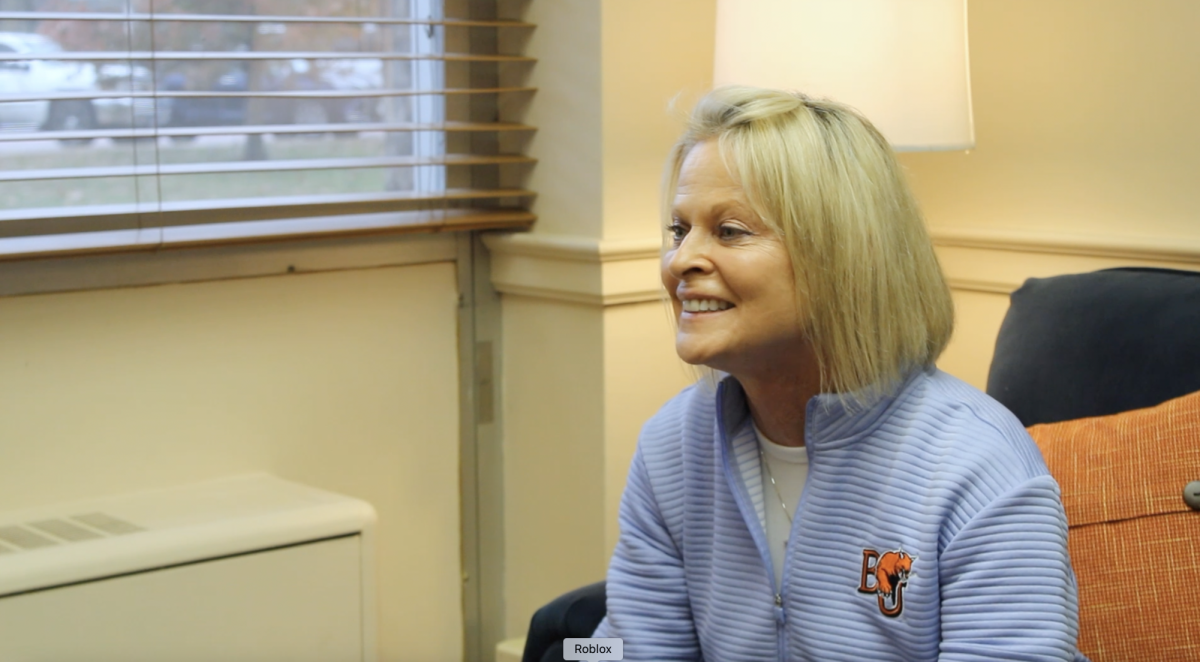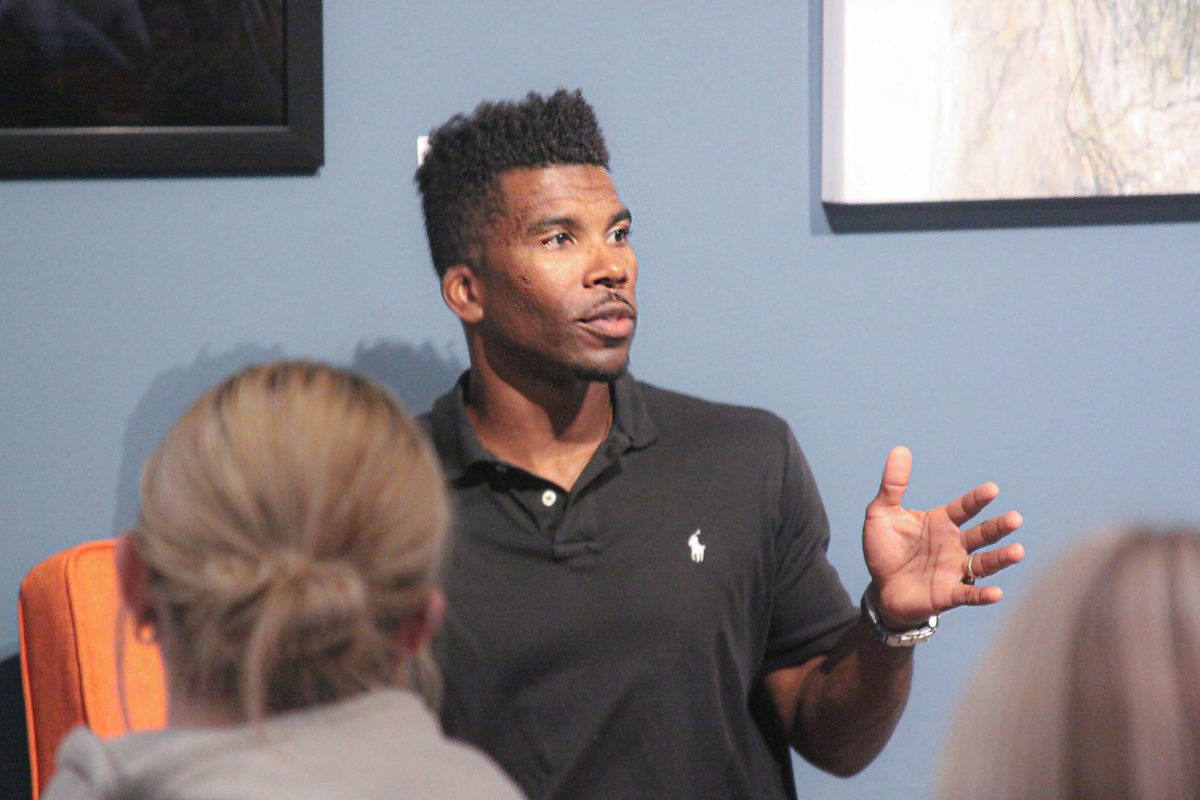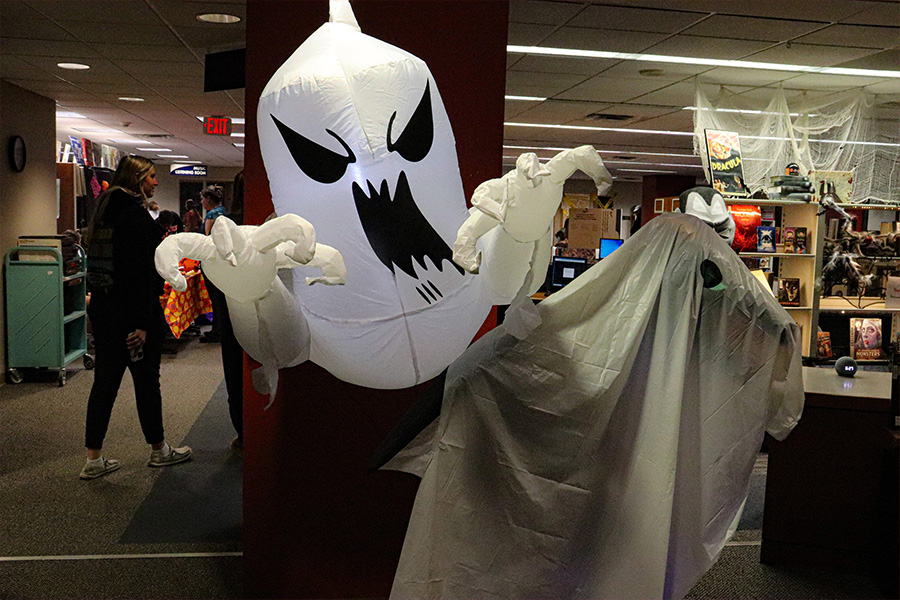The Educational Programs and Curriculum Committee proposed a master of business administration program for the Baldwin City campus during Tuesday’s Baker University Faculty Senate meeting.
“It is a 15-(month) program as proposed,” Professor of Biology Darcy Russell said. “It begins with a module in the summer and follows with six additional modules over the next period of time, with one break at Christmas. It is a rigorous program.”
The program would be the first master’s program available on Baker’s Baldwin City campus.
Some faculty members didn’t see the difference in having a master’s program on the Baldwin City campus compared to having the program at the School of Professional and Graduate Studies campuses in Kansas City, Mo., Lee’s Summit, Mo., Topeka, Wichita and Overland Park.
Gary Irick, chair of business and economics department, said the difference between the master’s program in Baldwin City and the program at SPGS is that it is aimed at different types of students.
“SPGS is directed at adult students who are working full-time, and this program is directed toward full-time students who are full-time students,” he said.
Members of the EPC think having the master’s program in Baldwin City will have significant collateral benefits for undergraduate students at Baker.
“It’s also focused as early career, so the expectations is these kids are not yet necessarily launched at a full-time career yet,” Judy Smrha, assistant dean for student engagement and success, said. “Maybe not exactly right after they graduate, but almost right after they graduate.”
The goal objective of the EPC is to start the program in June 2012, with the possibility of having between 15 and 30 students enrolled.
A town hall meeting is scheduled for 10 a.m. Wednesday in Mabee Hall, room 100, for those with any questions pertaining to the program.
Faculty senate will vote on the proposal at its May 17 meeting at 4:15 p.m.
University President Pat Long addressed faculty senate about the budget.
“For the second year in a row, we’ll end in a positive revenue over expense,” she said.
Long said if the university has excess money, she will be talking to deans about what kind of money can be put back into classrooms.







